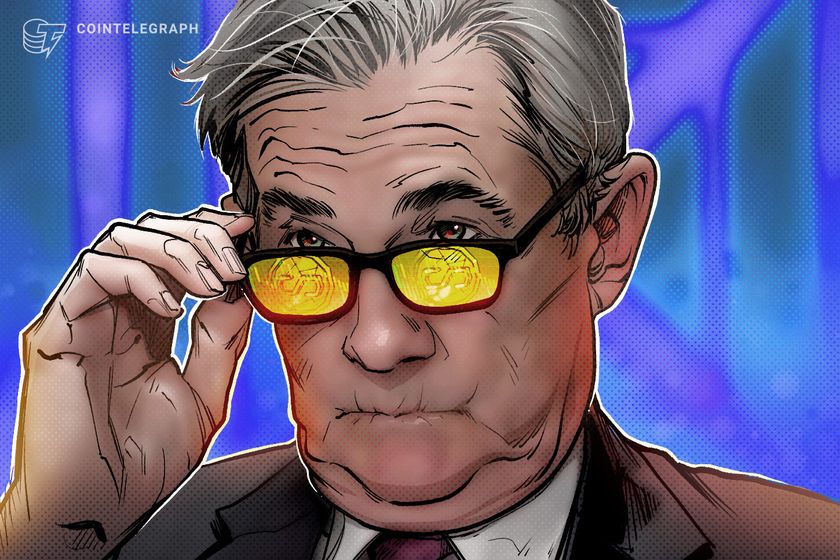Panama’s capital city will accept cryptocurrency payments for taxes and municipal fees, including bus tickets and permits, Panama City mayor Mayer Mizrachi announced on April 15, joining a growing list of jurisdictions globally that have voted to accept such payments.Panama City will begin accepting Bitcoin (BTC), Ether (ETH), Circle’s USDC (USDC), and Tether’s USDt (USDT) stablecoin for payment once the crypto-to-fiat payment rails are established, Mizrachi posted on the X platform. Mizrachi said previous administrations attempted to push through similar legislation but failed to overcome stipulations requiring the local government to accept funds denominated in US dollars.In a translated statement, the Panama City mayor said that the local government partnered with a bank that will immediately convert any digital assets received into US dollars, allowing the municipality to accept crypto without introducing new legislation.Panama City joins a growing list of global jurisdictions on the municipal and state level accepting cryptocurrency payments for taxes, exploring Bitcoin strategic reserves to protect public treasuries from inflation and passing pro-crypto policies to attract investment.Source: Mayer MizrachiRelated: New York bill proposes legalizing Bitcoin, crypto for state paymentsMunicipalities and states embrace digital assetsSeveral municipalities and territories around the globe already accept crypto for tax payments or are exploring various implementations of blockchain technology for government spending.The US state of Colorado started accepting crypto payments for taxes in September 2022. Much like Panama City said it will do, Colorado immediately converts the crypto to fiat.In December 2023, the city of Lugano, Switzerland, announced taxes and city fees could be paid in Bitcoin, which was one of the developments that earned it the reputation of being a globally recognized Bitcoin city.The city council of Vancouver, Canada, passed a motion to become “Bitcoin-friendly city” in December 2024. As part of that motion, the Vancouver local government will explore integrating BTC into the financial system, including tax payments.North Carolina lawmaker Neal Jackson introduced legislation titled “The North Carolina Digital Asset Freedom Act” on April 10. If passed, the bill will recognize cryptocurrencies as an official form of payment that can be used to pay taxes.Magazine: Crypto City: The ultimate guide to Miami










